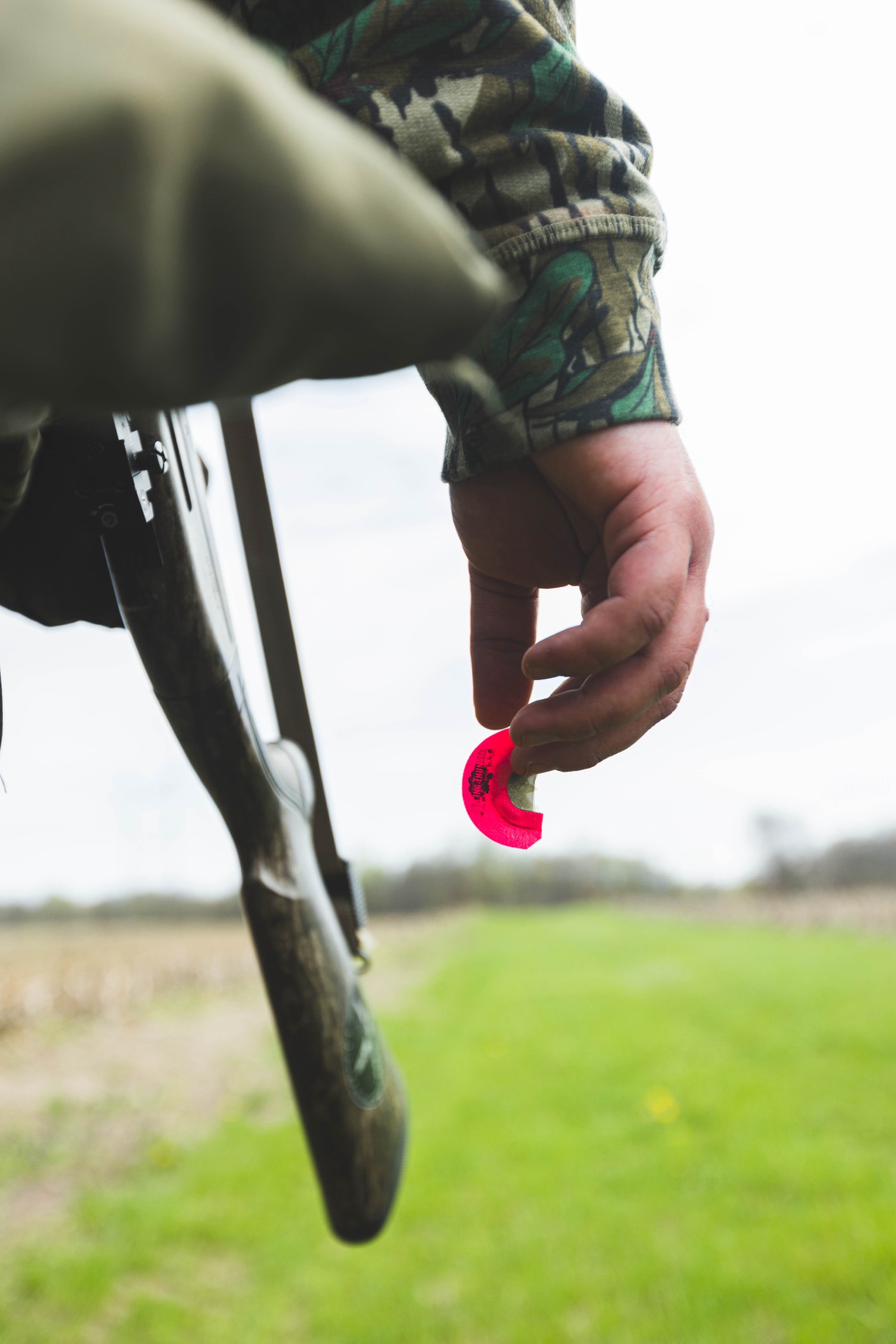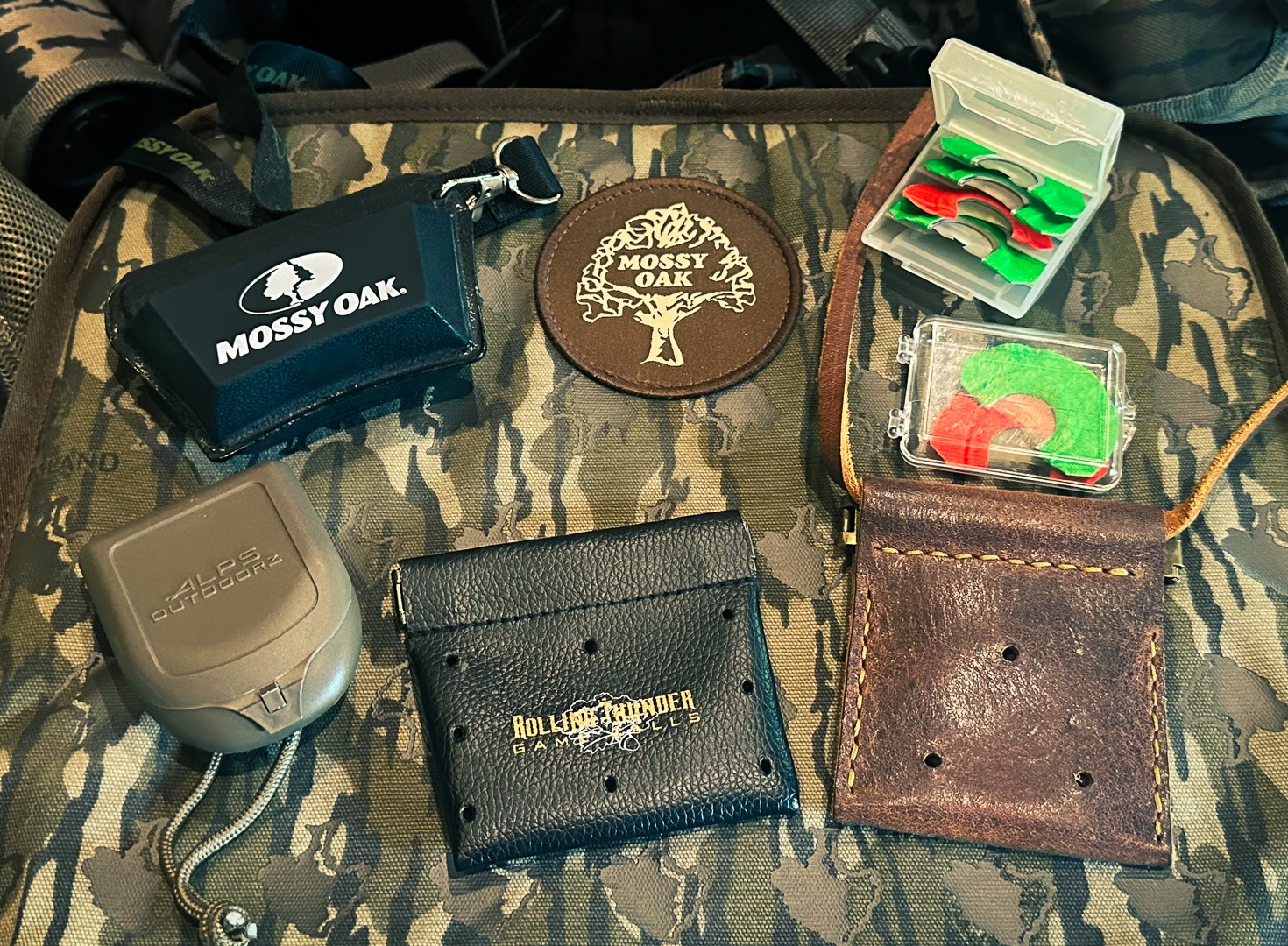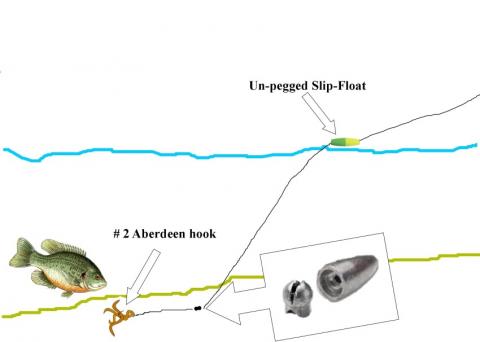Brodie Swisher
The sounds that come from the mouth call sitting atop our tongue can quickly make or break a hunt. At least that’s what we’re thinking as we sit there leaning against the tree - anxious to make the smooth sounds a gobbler’s waiting to hear, but scared to death it’s gonna sound more like a Blue Jay chokin’ on a nut.
Regardless of your skill level, the care you put into your mouth call can greatly benefit its sound quality and longevity. So whether your turkey season is nearing an end, or you’re just getting started, take the time to ensure your favorite mouth calls last longer than a mere single season.
Here’s a look at how to take care of your mouth calls before, during, and after your hunts.
Before the Hunt

I didn’t think much about mouth call maintenance in the early days of my turkey hunting career. When the spring season was approaching I’d grab the little plastic call case full of last year’s calls from the top shelf of the fridge and toss an old call in my mouth to “warm it up.” Over the years, I realized I’d always have a sore throat in the days following that initial use of an old mouth call.
It later came to my attention that I needed to perform a little routine maintenance to my mouth calls before using each year.
Think about it. All that funk, junk and bacteria growing since last year, just dumped into my mouth. No wonder I felt sick every time I pulled these old calls from the shelf.
These days, I like to rinse my calls in water and gently scrub them with my fingers. Then I’ll dunk them in a cup of mouth wash to let the cleansing agents do their work against germs and bacteria before I put them in my mouth. The method seems to work. At the very least, it helps prevent the sore throat.
The water and mouth wash bath is also a good practice with new calls. Regardless of whether it’s a store bought call, or one I make myself from home, I like to wash away the “latex flavor” and anything else that comes from calls and material handled by someone else.
During the Hunt

A lot of turkey hunters throw a call in their mouth on the way to the woods and leave it there until the hunt is over. They’ll just cheek it and treat it like a handful of sunflower seeds all day long.
The end result is a soggy call that doesn’t sound as good. It also greatly reduces the life of the call as the tape and reeds live in saliva for hours and hours at a time. Yes, you’ll need to warm up (add moisture) to your call to loosen the reeds for best sounding results, but it’s important to give the call a break and let it dry out a bit throughout the hunt.
There’s a variety of options when it comes to housing your mouth calls throughout the hunt. From the plastic call case it was packaged in, to leather call lanyards, pouches, and wallets. The important thing is to get the call out of your mouth for a break and safely stored for the drying process.
I was turkey hunting in New York years ago with legendary turkey hunter, Terry Rohm, when he shared a tip on how he likes to give his call a break from his mouth, while still keeping it handy and within easy reach.
After a long morning chasing hard-headed gobblers, Rohm untied a short length of paracord from his turkey vest and threw it to me. On one end of the cord was a small gator clip.
“Tie this on to your vest and clip your mouth call into the gator clip to give it a break from your saliva,” he said. “It keeps the call close to your chest within easy reach and helps it dry out a bit throughout the morning.”
I’ve kept that little clip tied on to my vest ever since. It holds my mouth calls securely and gives them all the air they need to dry from mouth moisture and be ready to roll when I need it.
After the Hunt
What you do with your call after the hunt will have the biggest impact on the lifespan of the call. You can use the same mouth call season after season if you take care of it. However, if you leave it laying on the dash board, or baking in the sun, you’ll be lucky to make it through a single season with it performing like it should.
So what should you do to ensure your call continues to function properly from one hunt to the next, and season after season?
“I usually pick all the reeds with toothpicks of some sort,” says Aaron Warbritton of The Hunting Public. “Make sure they are separated. Then I put them in a Plano tackle box and store them in the refrigerator. I have found you’ll get more life out of them if you constantly put picks in between each use and store them in the fridge periodically throughout the season. Each time the reeds get stuck together and you have to pull them apart, it stretches them.”
Everybody seems to have their preferred method on how to handle their calls from hunt to hunt. Will Primos takes a different approach on his mouth calls between hunts.
“I don’t use anything between the reeds,” says Primos. I just rinse with cool tap water and store in a cool and dark place. The refrigerator is perfect. Before use, I put the call in my mouth to let my saliva loosen up the reeds.”
“The worst thing you can do is leave your mouth call in a hot car or exposed to direct sunlight,” says Primos. “The latex reeds are made from rubber (an organic material) and ultra violet light from the sun will destroy the reeds quickly.”
Finding the perfect mouth call can be tough. When you find a new favorite, be sure to take care of it with the steps mentioned above.
Keep your mouth calls free from dirt, give them a secure place to stay cool and dry, and you’ll continue to produce quality turkey sounds throughout the season and into the next.




























